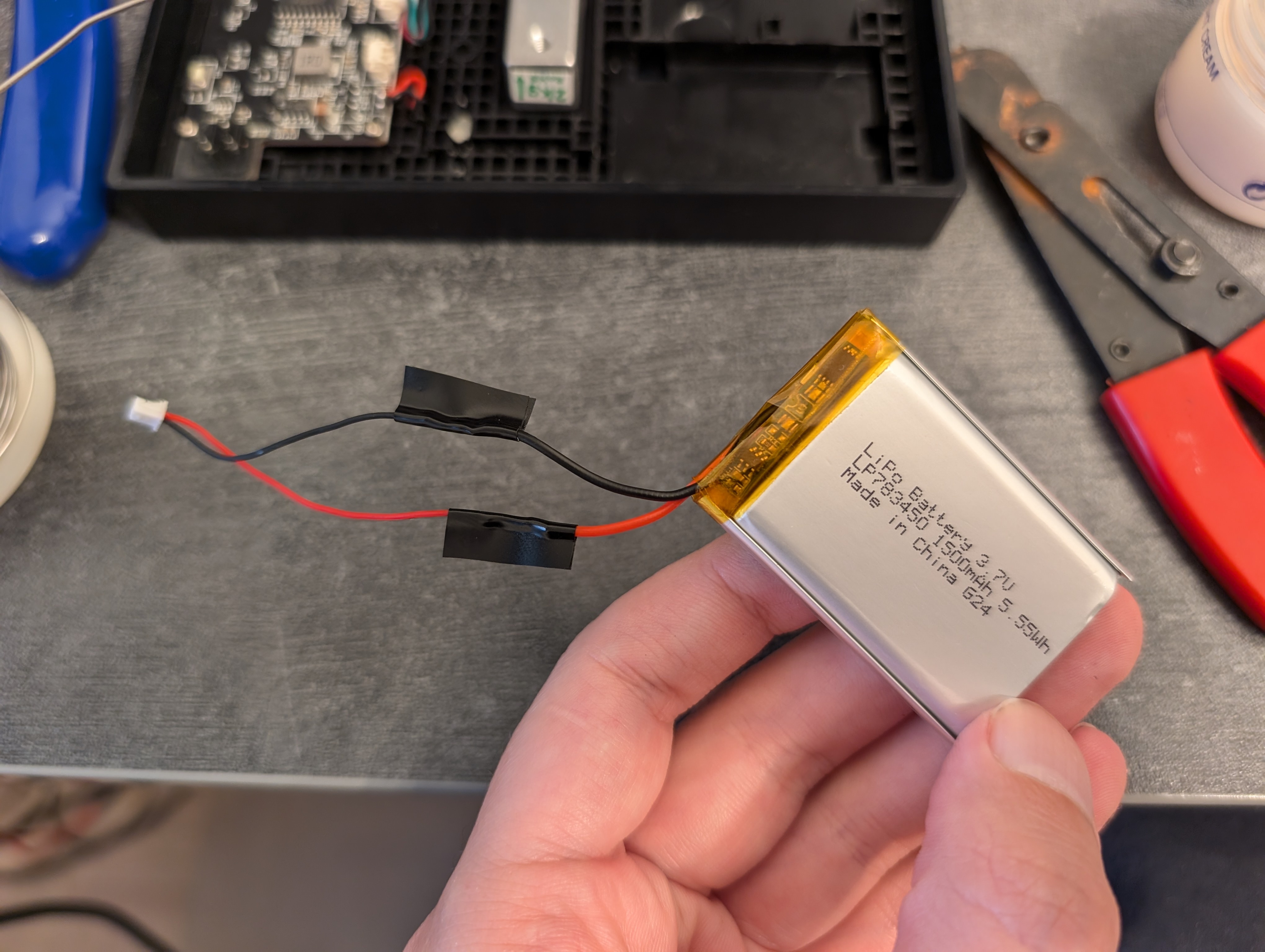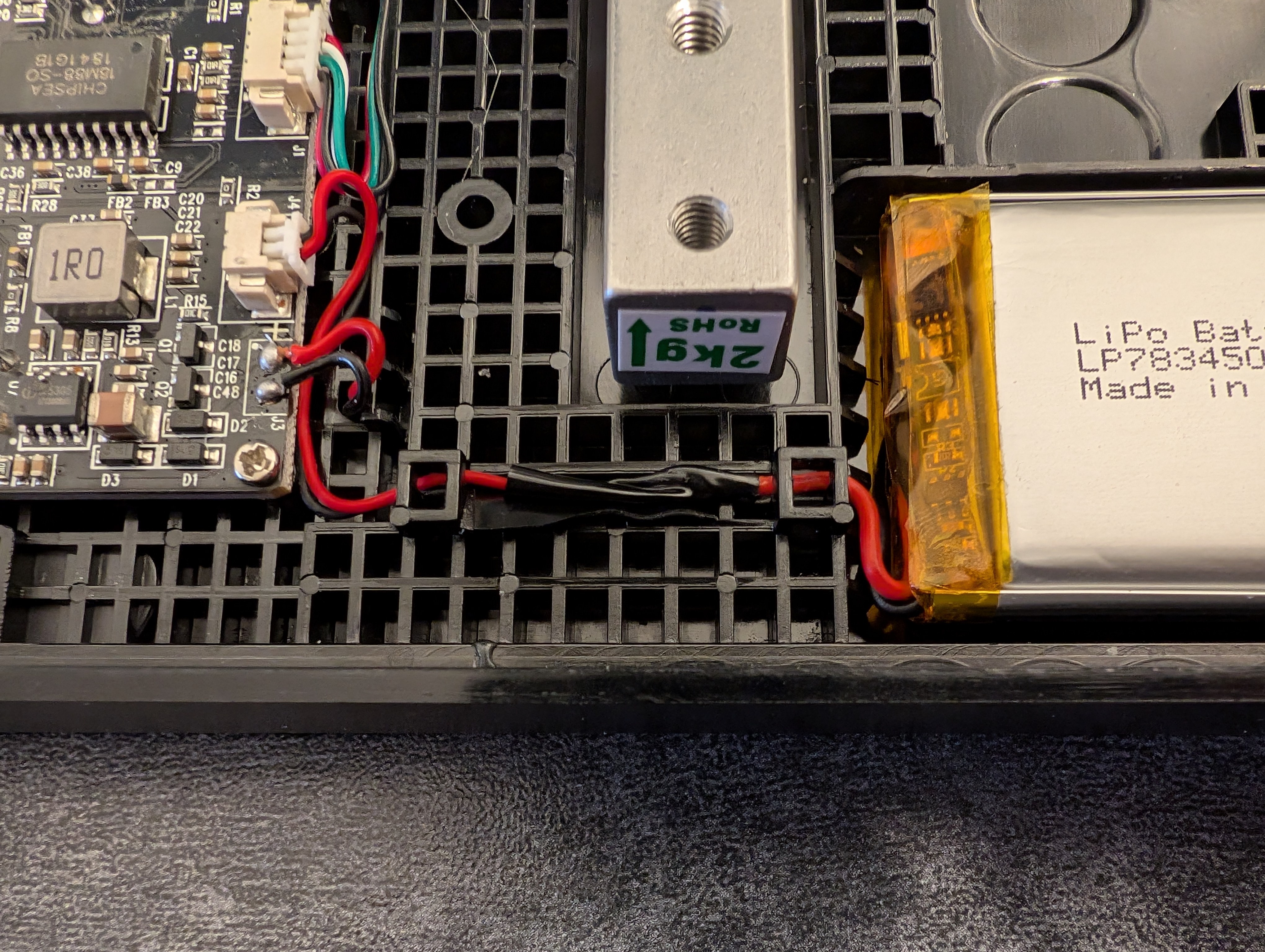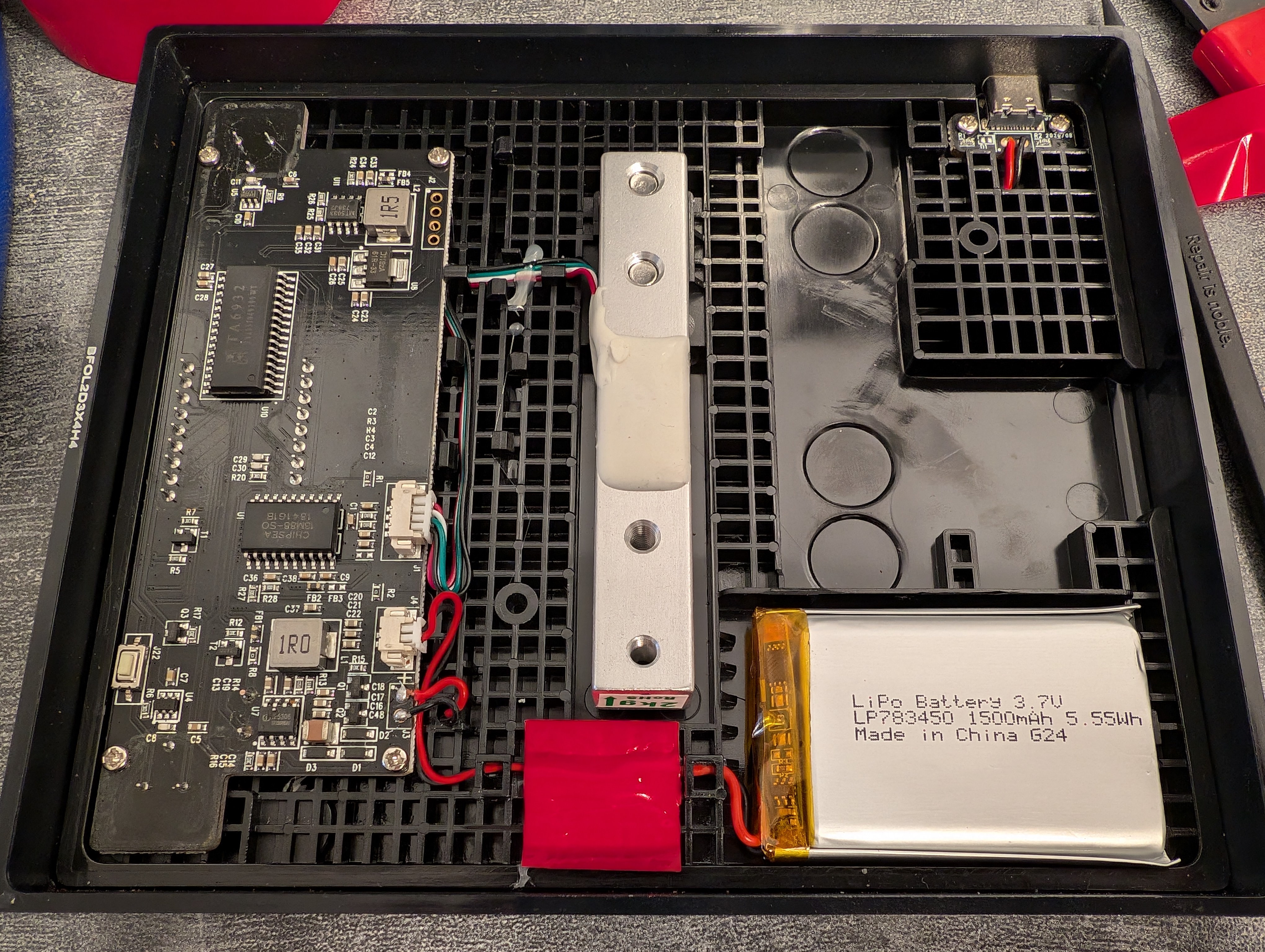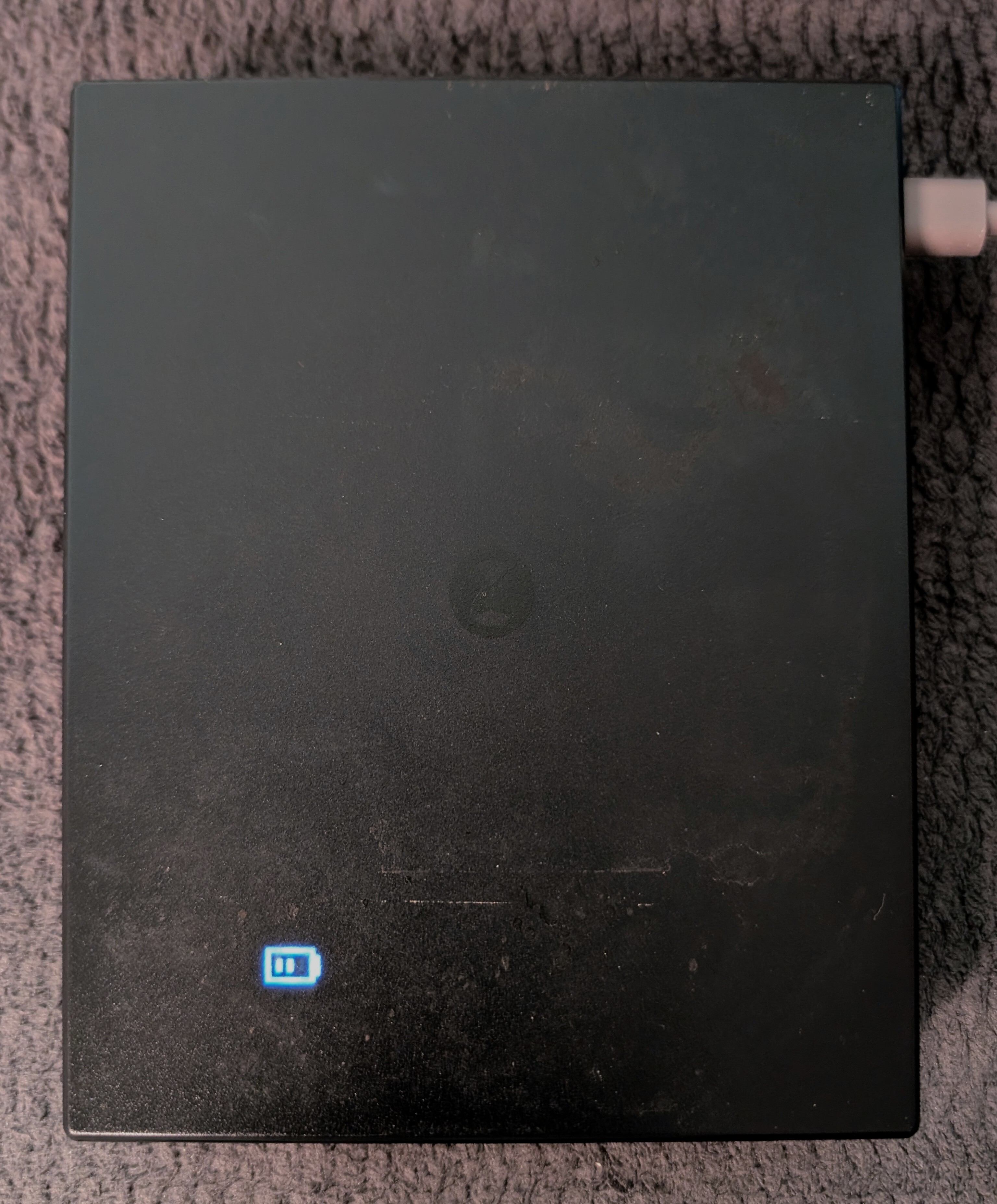

The repair:




It’s not exactly trivial if you have to change the connector of the replacement battery, but it’s not difficult either. AAA batteries would be way simpler and safer for most people.


The repair:




It’s not exactly trivial if you have to change the connector of the replacement battery, but it’s not difficult either. AAA batteries would be way simpler and safer for most people.


An army surplus ammo can with its gasket removed.


Yeah, if the cells are standard, available and easy to replace and safe if abandoned, it’s not a huge deal replacing them every few years.


Especially now that NiMH rechargeables are so affordable and power dense.


TBH, this is a risk for all “value” devices that don’t have to pass NA/EU electrical certification. No cert means the cell can be whatever part was cheap and alright enough. Longer term reliability without specific testing isn’t obvious. Every now and then I fall into the rabbit hole of trying to remember all the different devices with potentially questionable cells. The occasion today is likely to trigger another sweep.


Lazy but wholesome.


Wait, that’s a Canadian entity, interesting.


Goddamn.


Multilayer recording sounds like it would require read-rewrite similar to how SMR works. Still perhaps we’d be okay with that for the dramatic capacity increase.
This is one of those situations when you just nod and take the endorsement.